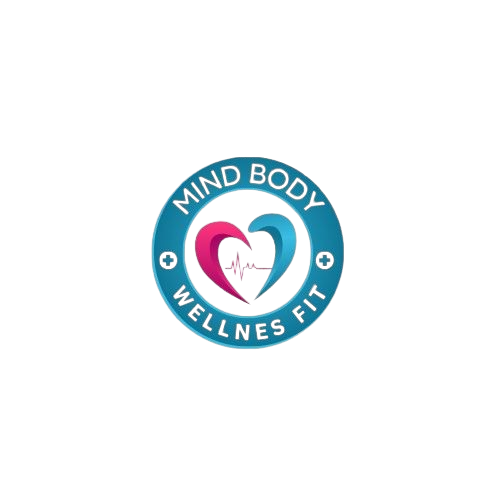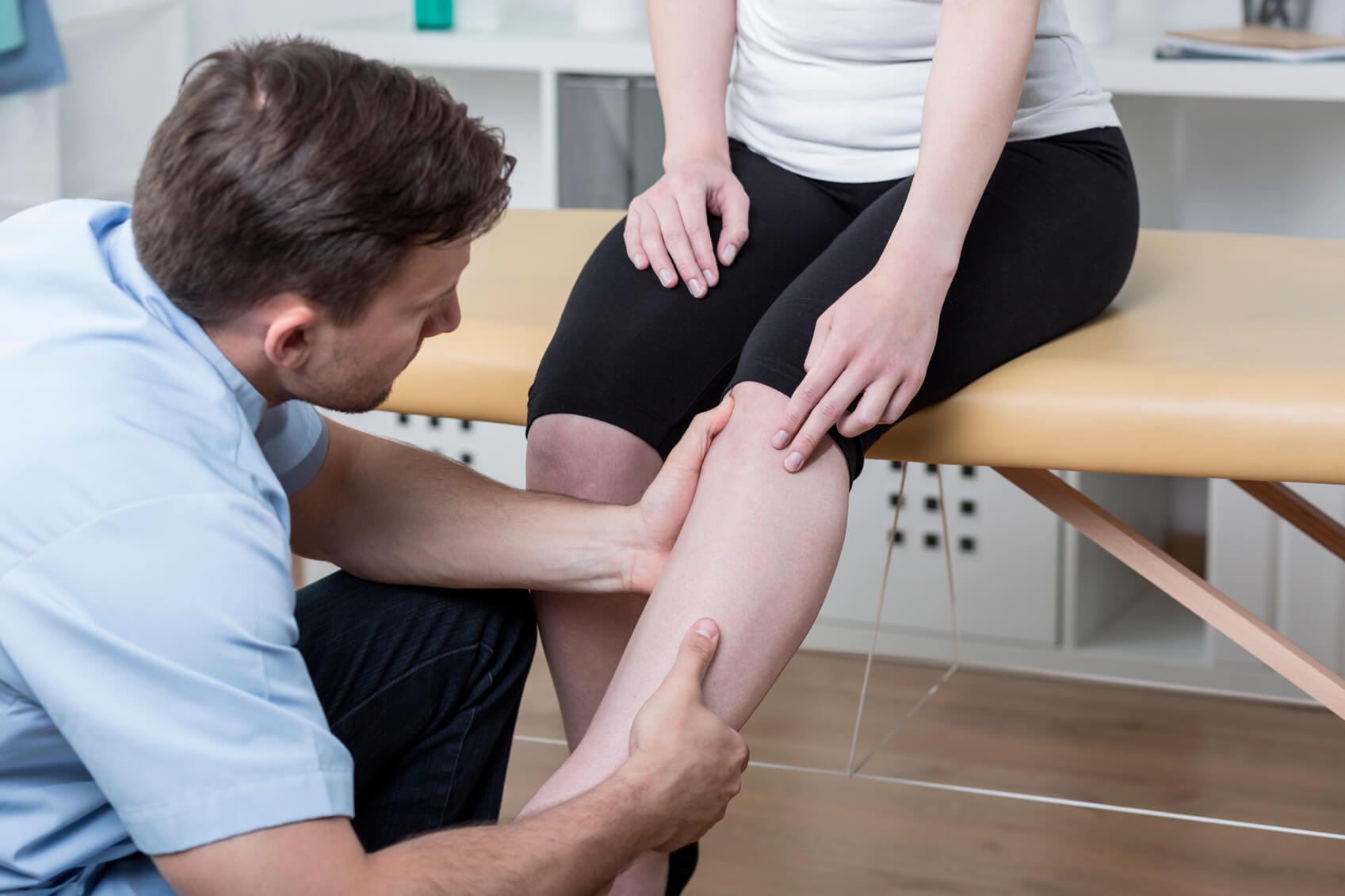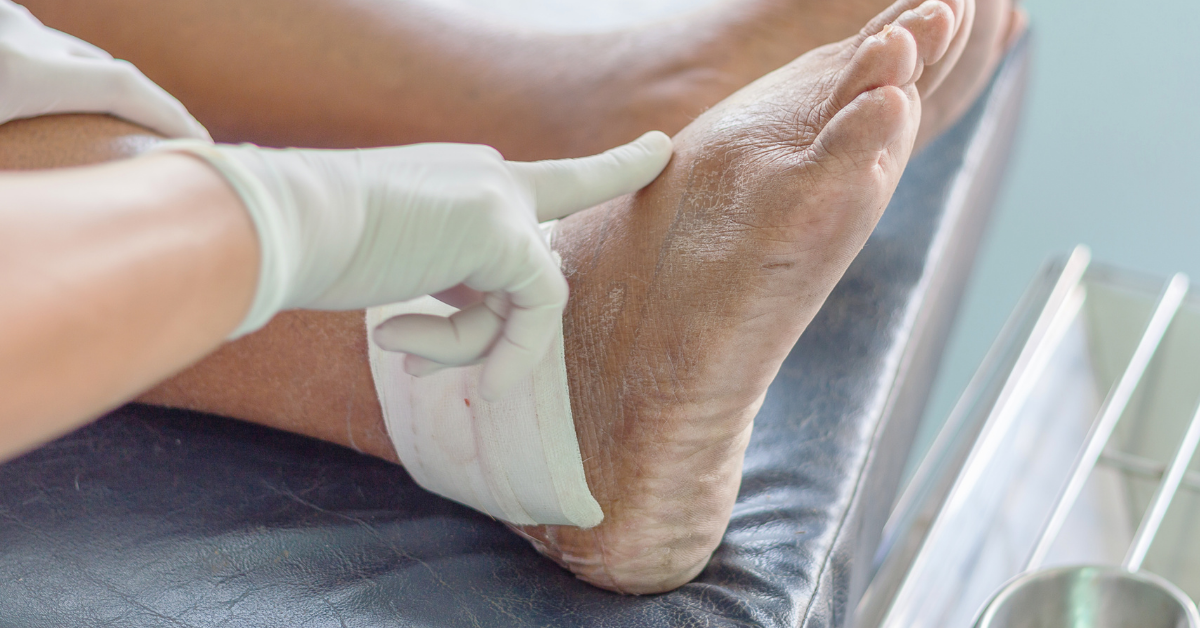Menopause is a significant life transition that all women experience. It marks the end of reproductive years and brings about changes in hormonal levels that can affect both physical and emotional well-being. Navigating this period can be challenging, but with the right menopause support, you can manage symptoms, achieve hormonal balance, and embrace this new phase of life with confidence. This guide covers everything you need to know about menopause support, from understanding symptoms to practical tips and holistic approaches.
Understanding Menopause: What Every Woman Needs to Know
Menopause is the natural biological process that marks the cessation of menstruation for 12 consecutive months. The journey to menopause is divided into several stages: perimenopause, menopause, and postmenopause.
- Perimenopause: This stage usually begins in a woman’s 40s, lasting several years before menopause. During this time, hormone levels fluctuate, and women may experience symptoms like irregular periods, mood swings, and hot flashes.
- Menopause: Menopause is reached when a woman has not had a period for 12 months. The ovaries stop releasing eggs, and the production of estrogen and progesterone declines significantly.
- Postmenopause: This phase begins after menopause and can last for the rest of a woman’s life. While menopause symptoms may lessen over time, some women continue to experience symptoms like vaginal dryness and hot flashes.
Symptoms of menopause can vary greatly but typically include hot flashes, night sweats, mood swings, and sleep disturbances. Understanding these symptoms is the first step in finding effective menopause support.
The Role of Hormonal Imbalances in Menopause
Hormonal imbalance is a key driver of many menopause symptoms. As estrogen and progesterone levels decline, the body’s regulation of temperature, mood, and energy is disrupted, leading to symptoms like hot flashes, night sweats, and irritability. Understanding how these hormones work can help you find effective solutions to balance them.
Hormonal Therapy Options:
- Hormone Replacement Therapy (HRT): This option involves supplementing the body with estrogen or progesterone to relieve symptoms. However, HRT may not be suitable for everyone and should be discussed with a healthcare provider.
- Natural Approaches: Some women prefer to explore herbal supplements, like black cohosh or red clover, which are thought to have mild estrogenic effects.
In addition to hormone therapy, lifestyle changes like regular exercise and a balanced diet can also support hormone health.
Effective Natural Menopause Support: Nutrition and Lifestyle Changes
Your diet and lifestyle play a significant role in supporting hormonal balance and alleviating menopause symptoms. Key dietary adjustments and lifestyle habits can help manage symptoms like fatigue, weight gain, and mood swings.
Nutrition for Hormonal Balance:
- Eat a Balanced Diet: Focus on whole foods such as fruits, vegetables, whole grains, and lean proteins. These foods provide essential vitamins and minerals to support hormone production.
- Increase Calcium and Vitamin D Intake: As estrogen levels drop, bone density decreases. Incorporating calcium-rich foods (like dairy, leafy greens, and fortified foods) and vitamin D (from sunlight and supplements) can help support bone health.
- Limit Sugar and Processed Foods: Excess sugar and refined carbohydrates can exacerbate menopause symptoms like mood swings and weight gain. Opt for foods that help maintain stable blood sugar levels.
Lifestyle Habits for Menopause Support:
- Regular Exercise: Physical activity, such as walking, swimming, or yoga, helps manage weight, reduce hot flashes, and improve mood.
- Stress Management: Meditation, deep breathing exercises, and mindfulness practices can help reduce the impact of emotional stress, which can worsen symptoms.
- Get Adequate Sleep: Quality sleep is essential for managing menopause symptoms, particularly hot flashes and irritability. Create a sleep-friendly environment and establish a calming bedtime routine.
The Power of Functional Nutrition in Menopause Support
Functional nutrition takes a root-cause approach to supporting menopause. It doesn’t just address symptoms but looks at the underlying factors contributing to hormonal imbalance, such as diet, stress, and gut health.
A Certified Functional Nutrition Coach can create a personalized plan to help balance your hormones and support overall well-being. By addressing issues like blood sugar imbalances, nutrient deficiencies, and digestive health, functional nutrition empowers women to regain control over their health during menopause.
Hormone Balancing Foods:
- Healthy Fats: Include omega-3-rich foods such as flaxseeds, walnuts, and fatty fish to support hormone production.
- Phytoestrogens: Foods like soy, tofu, and flaxseeds contain plant compounds that mimic estrogen and may help alleviate some menopause symptoms.
Holistic Approaches to Menopause Support
In addition to nutrition and physical health, mental and emotional well-being are key components of menopause support. A holistic approach addresses the body as a whole, integrating physical, emotional, and spiritual health.
Mindfulness Practices:
- Meditation and Deep Breathing: These practices can help calm the nervous system, reduce anxiety, and improve sleep.
- Yoga and Stretching: Yoga helps with flexibility, stress reduction, and overall wellness.
Self-Care Routines:
- Regular self-care, including taking time for relaxation, connecting with nature, and pursuing hobbies, can significantly improve your mental health during menopause.
- Cultivating a positive mindset is crucial for thriving during menopause and beyond.
Support Systems: How to Build Your Menopause Tribe
Building a support network is essential during menopause. Whether it’s through family, friends, or online communities, finding people who understand what you’re going through can provide much-needed emotional support.
Consider joining menopause support groups or participating in online forums where you can share experiences and receive encouragement. Working with a menopause coach or attending group coaching sessions can also provide professional guidance and accountability.
What to Expect From Professional Menopause Support
Professional menopause support can help you navigate this transition with expert guidance. A menopause doctor or gynecologist can offer insights on hormone therapy and medical treatments, while a functional nutrition coach can help balance your hormones naturally through nutrition and lifestyle modifications.
Seeking professional help ensures that you receive personalized care tailored to your unique needs, leading to better symptom management and long-term health benefits.
Takeaway
Menopause is a unique journey for every woman, but with the right support, it’s possible to regain balance and vitality. Whether through dietary changes, holistic practices, or professional coaching, there are many ways to find relief from menopause symptoms.






